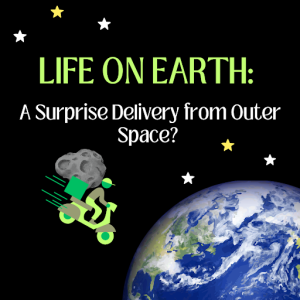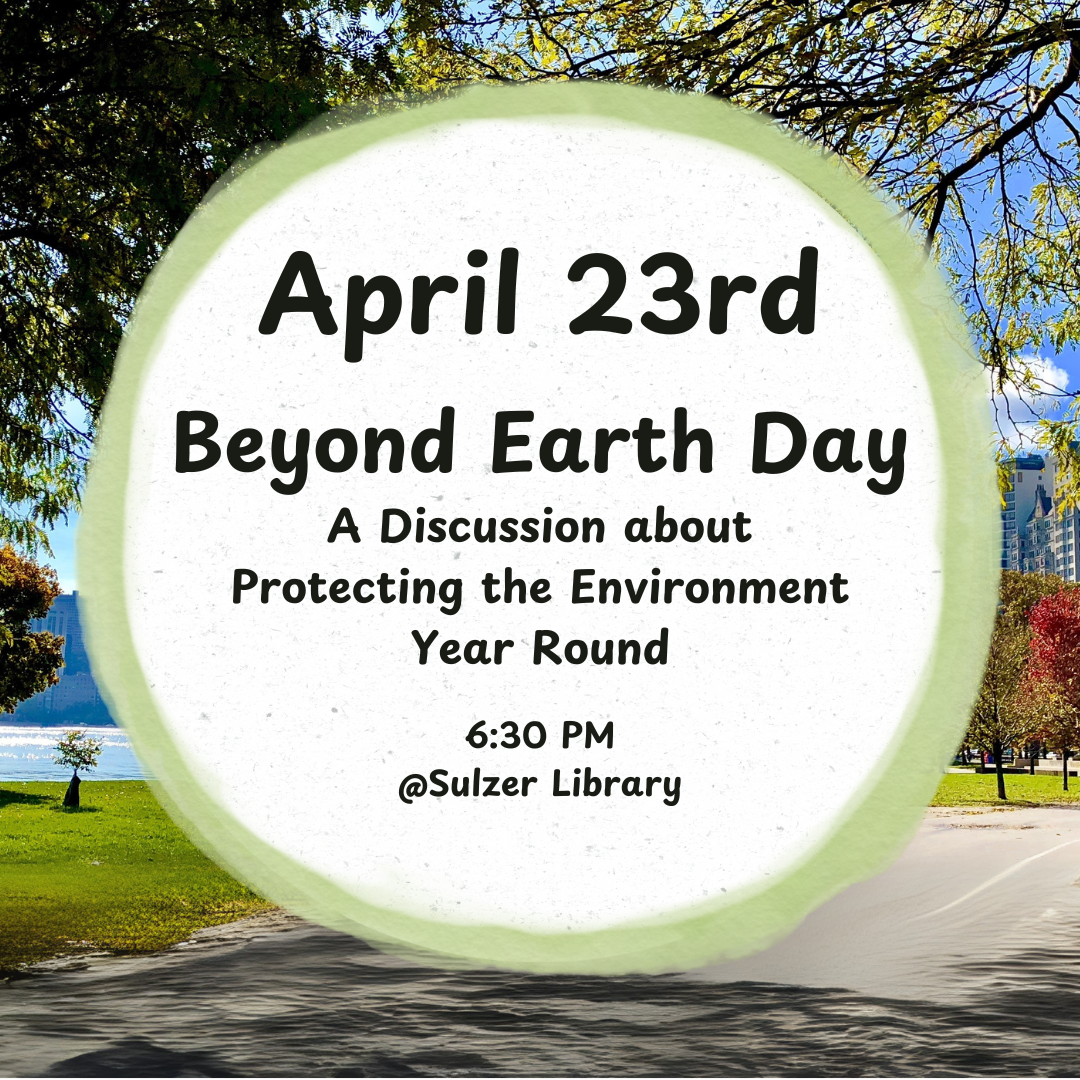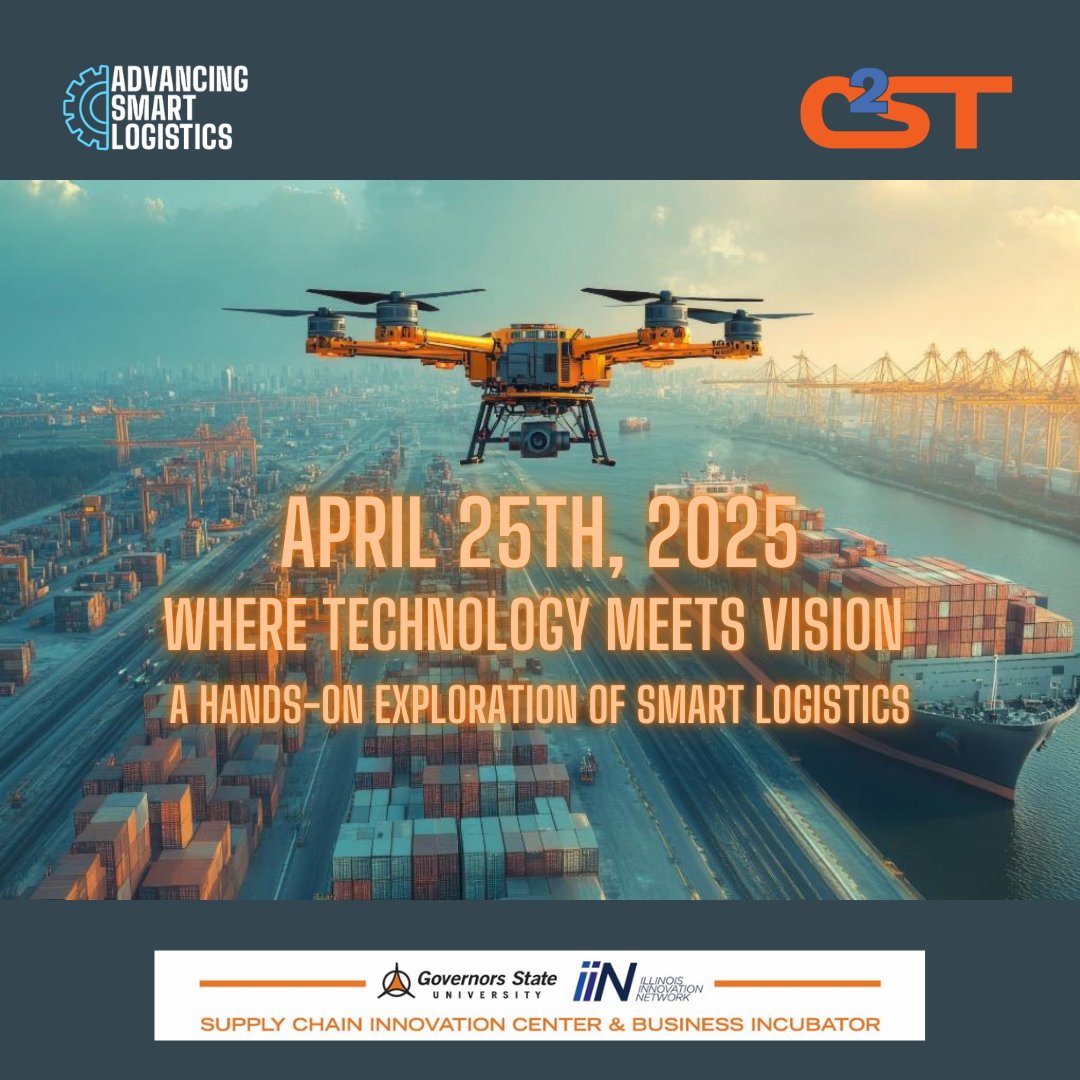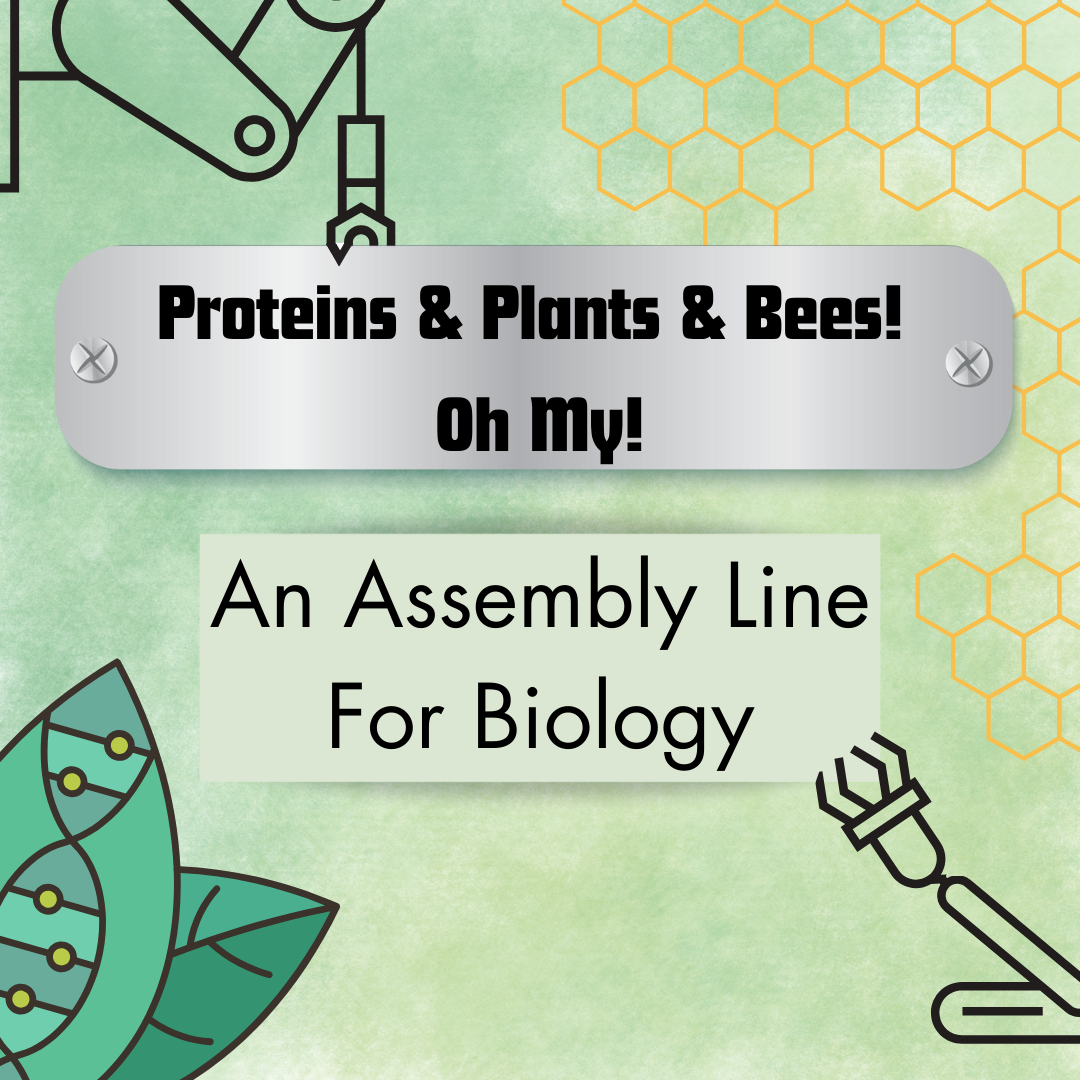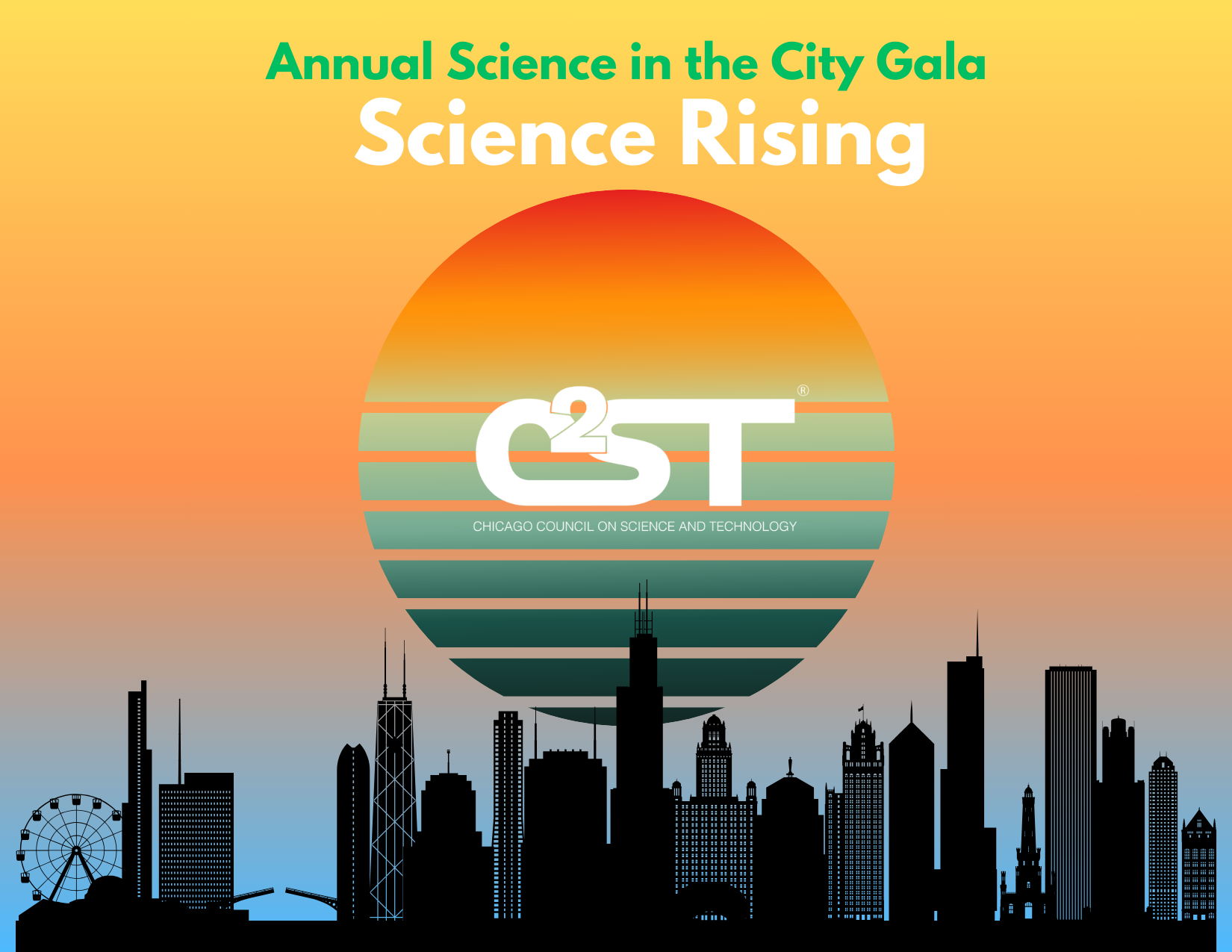The Problem with Palm Oil: One Industry’s Role in the Decline of Orangutans
By Elizabeth Carroll, C2ST Intern, Loyola University
From keeping your peanut butter smooth to making your shampoo foamy, palm oil plays a role in about half of the products you see on grocery store shelves. The already extensive demand for palm oil continues to rise as it has been explored as an alternative to fossil fuels in recent years. In order to match supply to this demand, the area of land used to grow oil palm trees has doubled to 74 million acres since 2007. This thriving industry appears to promise fortunes for the foreseeable future, but the palm oil story is far from a fairytale in the eyes of wildlife — particularly orangutans.
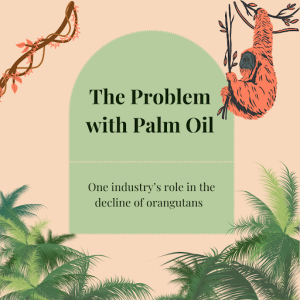
Continue reading “The Problem with Palm Oil: One Industry’s Role in the Decline of Orangutans”
